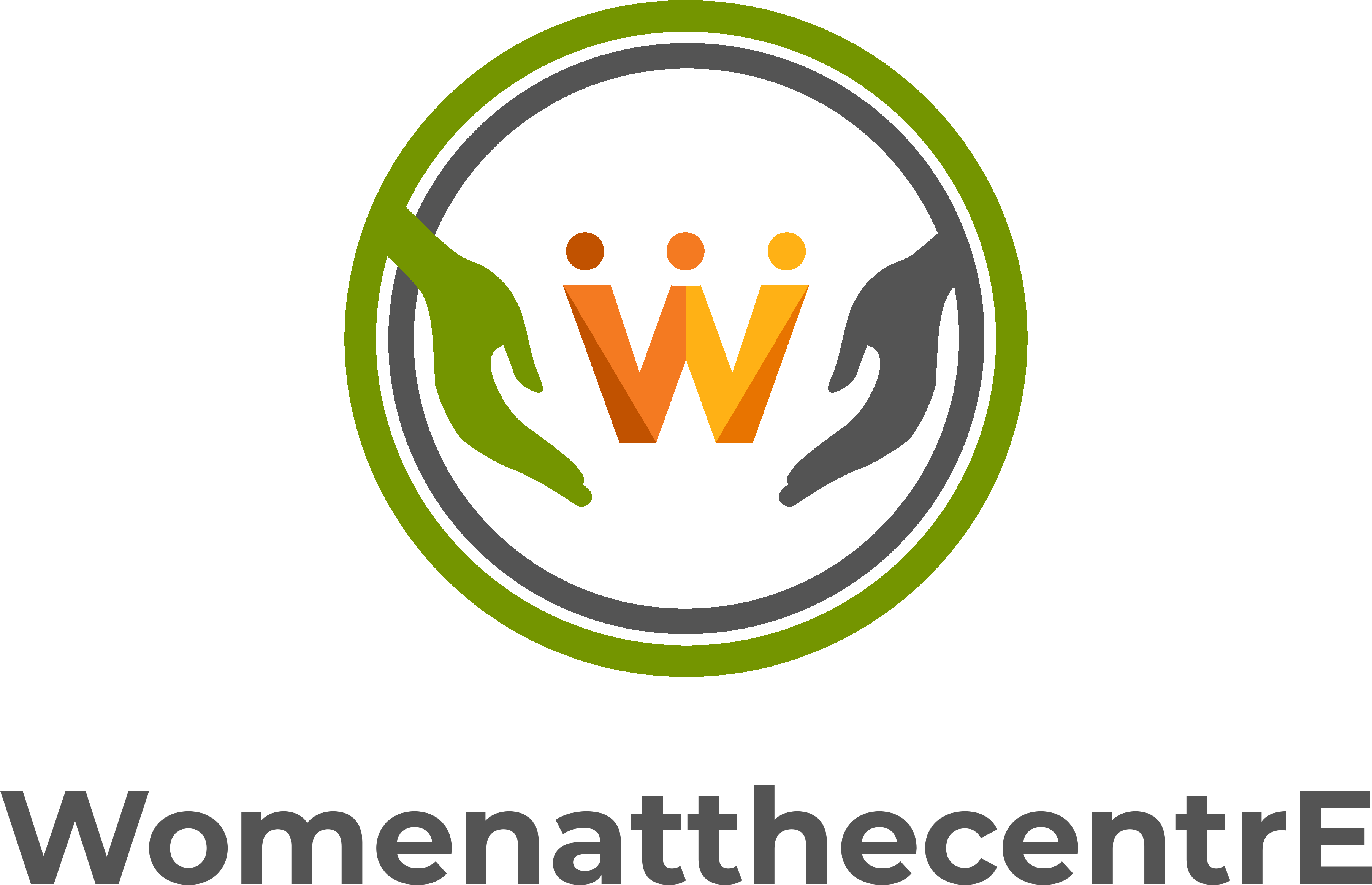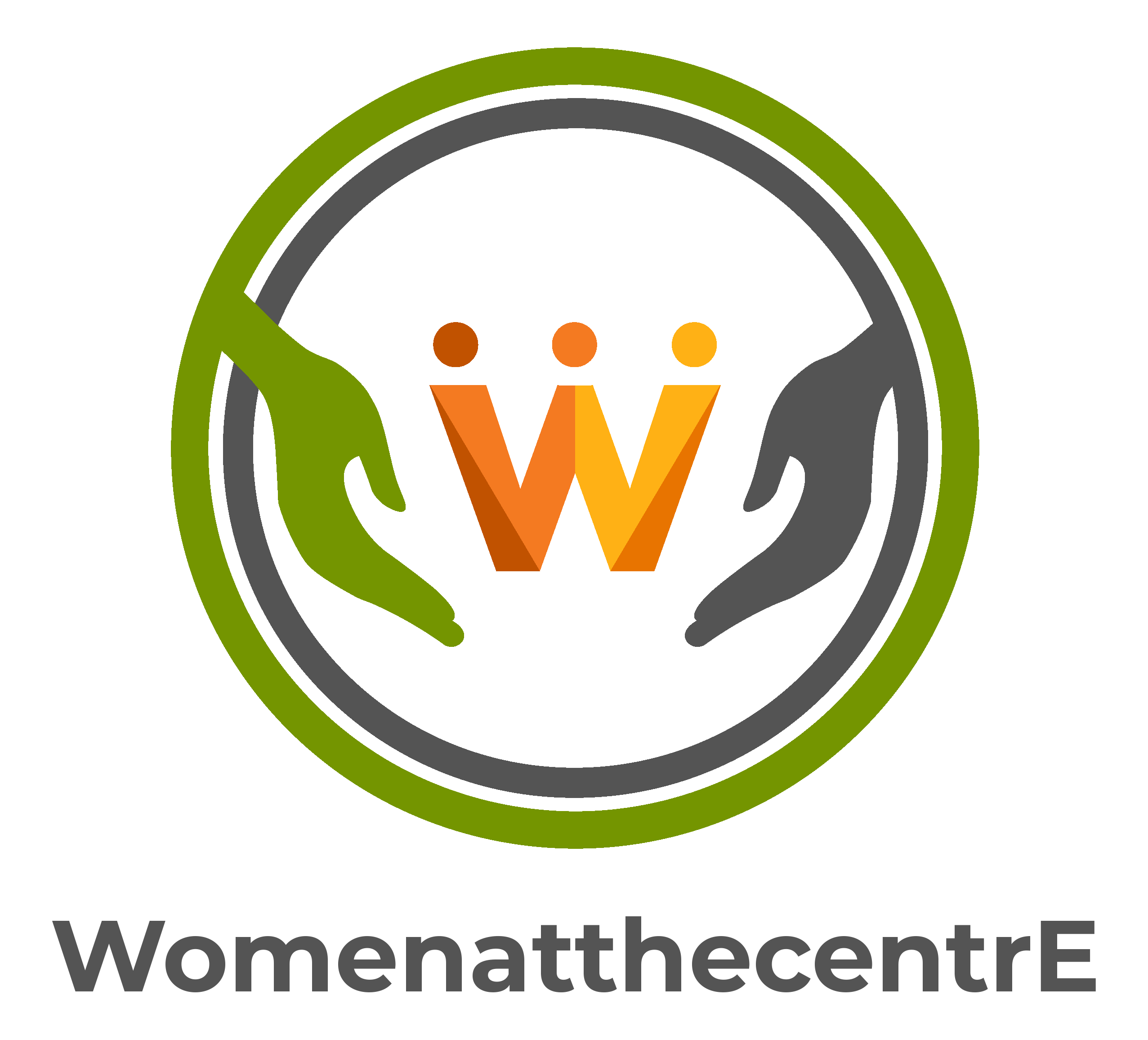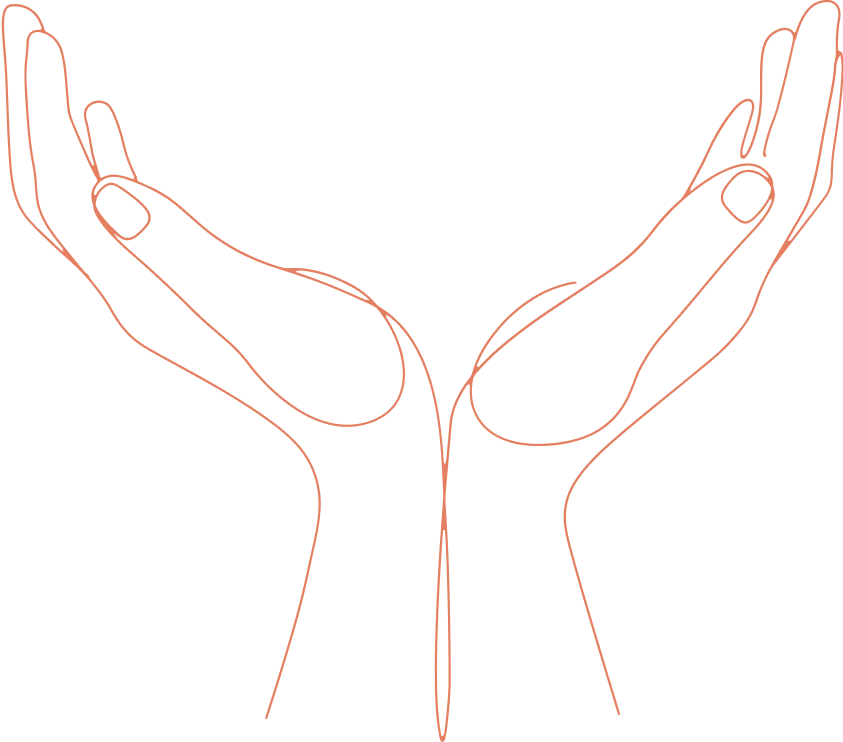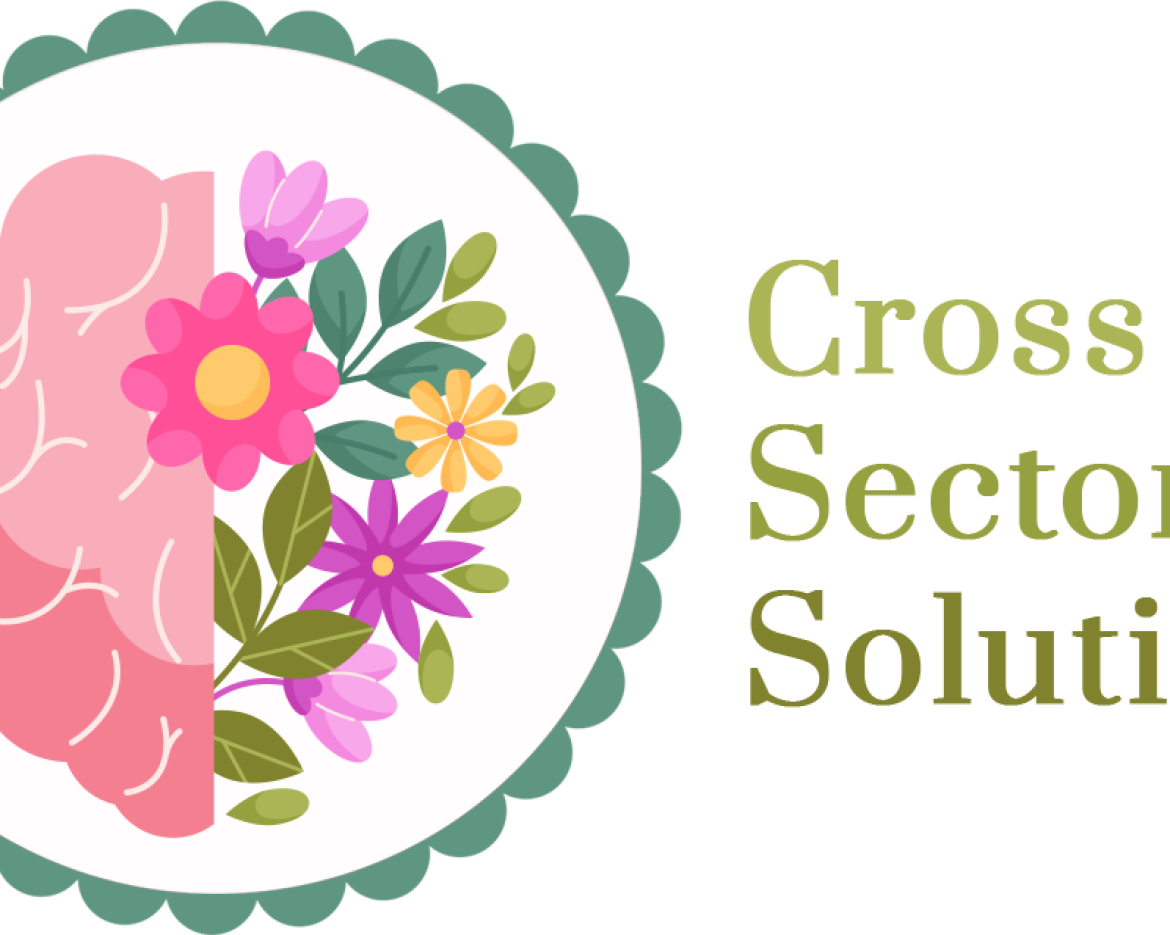
The Resilience 360 initiative will contribute to preventing and addressing human trafficking by tackling knowledge and resource gaps in the GBV sector.
To do so, community-based research on community’s understanding of and knowledge gaps on human trafficking in the Canadian context will be conducted. WCSJ will also develop and test a 360-degree wrap-around support service, including resources and a toolkit for survivors of human trafficking, their support networks, and the general public.
We will engage community partners, survivors, and their families as well as academics to participate in the participatory research design, contribute their expertise to the data collection efforts and toolkit development and share project information within their networks.
This project aims to address many of the gaps identified in our current anti-human trafficking initiative, including the knowledge and resource gaps when it comes to supporting families, friends, and the general community to better grasp the complexities and nuances of human trafficking in the Canadian context, so that they can become better equipped to tackle human trafficking in their communities.
Portfolio: Research & Education
Using traditional & novel tools for information gathering, to better understand the nuances of gendered violence.
Funders
![]()
WomenatthecentrE Team
Mandira Arnab Aich (She/Her), Program Manager
Krystal Snider (She/Her), Project Manager
Maya Casanova (She/Her), Project Partnership & Evaluation Specialist
Olivia Romero (She/Her), Project Coordinator
Shirley Broekstra (She/Her), Research
- Objective 1: The expansion of our current pan-Canadian community-based ethics-approved research and data collection activities, to include feed-in from families and support networks of human trafficking survivors survivors of GBV-TBI.
- Objective 2: The development of a 360-degree wrap-around support services/resources/toolkit for survivors of human trafficking, their families, support networks and the community at large.
This project integrates the Resilience 360 approach, incorporating insights from a National Human Trafficking Survivors Expert Committee. By engaging with community, including families, service providers, and other stakeholders, we will gain a nuanced understanding of the information, resources, and supports needed.
We will lay the foundation for project assessment through the development of an evaluation roadmap. A meticulous search for existing resources online and from supporting agencies ensures a comprehensive review, focusing on accuracy, accessibility, and a survivor-centric approach. The project also involves the creation of a pan-Canadian anti-human trafficking services and navigation map.
A thorough literature review will serve as a crucial element, offering insights into previous initiatives, identifying gaps in knowledge and resources, and informing the project’s strategic direction.
Embarking on a holistic approach, WomenatthecentrE is undertaking the strategic development of the Resilience 360 Toolkit, an instrumental resource forged through consultations and informed by the insights gleaned from research surveys.
The knowledge and survivor perspectives will be brought to life as the Resilience 360 Toolkit takes shape. This dynamic resource will be meticulously crafted to encompass a spectrum of essential components, catering to the multifaceted dimensions of human trafficking issues within the Canadian context.
In essence, the Resilience 360 Toolkit stands not only as a repository of information but as a testament to the collaborative efforts of WomenatthecentrE, survivors, and partners. It is a beacon of resilience, offering practical tools and guidance to navigate the complexities of human trafficking, fostering empowerment, and contributing to the broader mission of prevent and support.











